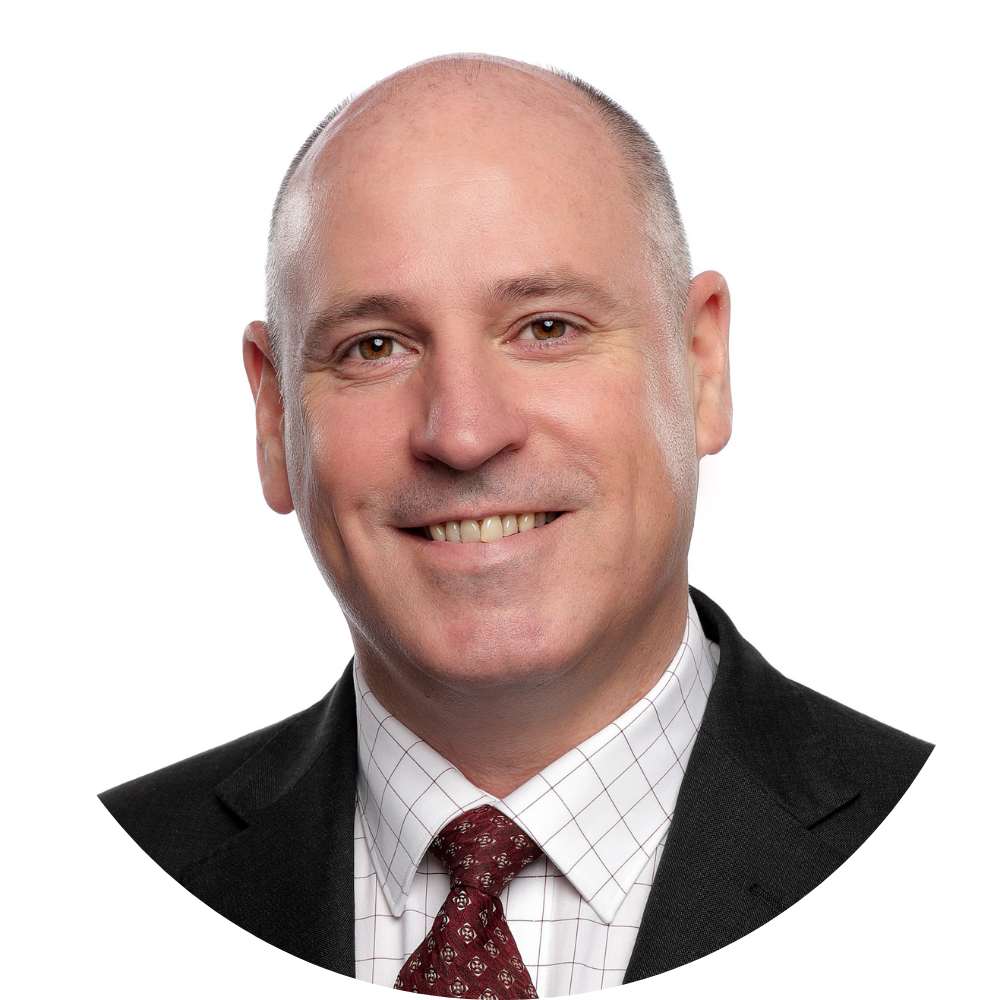
3 minute read
Ageism is a bizarre prejudice against your future self
Written by: Richard Spencer, AgeInc Director
I know a senior candidate, aged in their 50s, who’s applications were constantly being rejected for roles he knew he could do. But when one recruiter suggested (confidentially) that his problem might be his age, he didn’t believe them. AgeInc writes.
To find out, he kept his previous job titles and experience the same, but changed the dates on his resume to make himself appear to be in his mid-30s. He was offered 6 interviews within a week. It clearly wasn’t his experience and capability that was being rejected, it was just his age.
Sadly, his experience is far from unique and many people aged 50+ experience age discrimination when looking for a new role. Our most recent survey indicates that 53% of Australian’s believe they have been discriminated against, based solely on their age, during the recruitment process.
Ageism is nothing new, it just doesn’t get talked about as much as, for example, sexism or racism. But with the tipping point of our ageing population looming, as an industry, recruitment will need to spend more time understanding and combatting organisational reticence to hiring people over the age of 50.
Age discrimination, like many other forms of prejudice, is based on inaccurate, yet persistent stereotypes, but what makes ageism unusual, is that it’s a prejudice against our future selves.
Unlike other forms of prejudice, which may or may not affect us personally, we’re all hoping we’ll live long enough to experience ageism.
By allowing age bias to persist in the workplace, we are shaping a world where we too, will one day be seen as ‘too old’ to contribute, learn, or even continue to work.
Many people under 40 dismiss ageism as someone else’s problem But if ageism continues, today’s younger workers will inevitably experience the same bias they once ignored or perpetuated, creating a cycle of discrimination which we need to break.
The workplace norms we accept today favouring younger employees over experienced ones will effectively determine how we ourselves are treated in the future.
The recruitment industry is in a unique position to not only change its own perception of age, but also to drive change in client organisations.
Recruiters have a responsibility to advocate for fair and inclusive hiring practices. By educating clients, using datadriven insights, and offering strategic solutions, agencies can break the age bias and help businesses tap into the full potential of a multigenerational workforce.
The future of recruitment is not just diverse it’s age-inclusive. Recruiters that lead this movement will stand out in the industry, attract progressive clients, and ensure they can still fill shortlists as our population continues to age.






